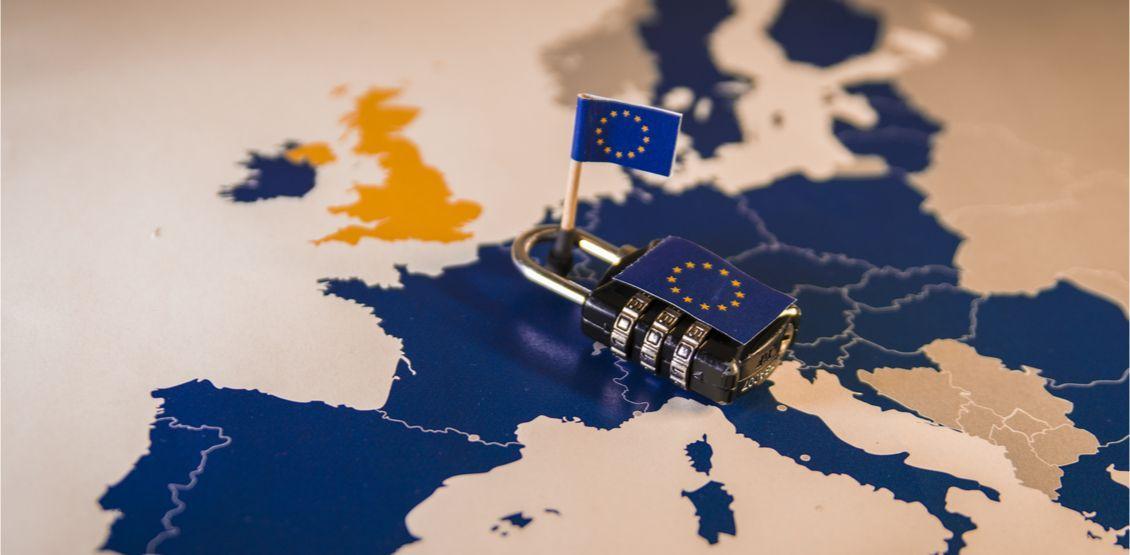May 25, 2019 marks the one year anniversary of the implementation of GDPR: the European Union’s General Data Protection Regulation, a sweeping set of data privacy laws replacing a patchwork of regulations from individual European countries.
GDPR has been a hot topic for anyone involved with data who does business in Europe, and the entire industry has been watching its rollout with interest. So where do things stand one year down the road? Here are some trends we’ve been seeing in the press:
One quick win: breach notification. There is a clear consensus among industry observers that the volume of breach notifications was the single biggest immediate change following the implementation of GDPR.
In the aftermath of clear, EU-wide regulations for self-reporting data privacy breaches, such notifications have increased substantially over the past year, with nearly 60,000 breaches reported in the EU over the first eight months of GDPR. Speaking in a recent Slate article, the UK’s Steven Eckersley notes that in his country alone breach notifications are predicted to nearly double from 18-20,000 in 2018 to around 36,000 in 2019.
Compliance – and enforcement – have ramped up slowly. One of the biggest storylines of 2018 in the data industry was how companies struggled to meet this law’s compliance deadlines. 2019 finds these efforts still ramping up: at a recent meeting of the International Association of Privacy Professionals, it was estimated that 50% of covered firms are still in the process of GDPR compliance, a process that may continue for a couple of more years overall.
GDPR was also noted for its potential to levy stiff penalties on companies that did not protect consumer data, ranging up to 4% of annual turnover. However, enforcement efforts have proceeded cautiously to date. Of the roughly 56 million Euros in fines levied against firms for GDPR violations over its first nine months, nearly 90% of this sum was a single 50 million Euro fine against Google, with a majority of fines to date being small ones. However, some analysts expect enforcement efforts towards small- and medium-sized firms to increase in the future.
GDPR is part of a movement. Perhaps the biggest impact of GDPR over the past year lies outside the EU, where new data privacy laws influenced by GDPR are now being proposed in numerous countries worldwide. Here in the United States, new data privacy requirements are coming online in California in 2020, and US Senator Marco Rubio has recently proposed a federal data privacy standard similar to GDPR – and according to DestinationCRM, the latter may in fact be a welcome development for firms compared with the potential need for managing disparate state mandates.
Beyond compliance and enforcement issues, many analysts continue to feel that data privacy initiatives such as GDPR are also fundamentally changing the dialogue between businesses and their customers, creating relationships that are built more on trust and transparency. A year into the implementation of GDPR, it is still a very exciting time to be in the data quality business.
How we can help
If you do business in Europe – or have customers there – GDPR affects you too. In particular, you need to know what countries each of your customers or prospects are based in, to get started with your own compliance efforts.
Visit our GDPR solutions page for an informative solutions sheet and whitepaper report on GDPR compliance, together with details on capabilities such as our DOTS Address Detective – International product – a real-time service that employs fuzzy logic to correct or append country information for compliance purposes. Want to learn more? Contact our friendly technical team to discuss your specific GDPR compliance needs.













